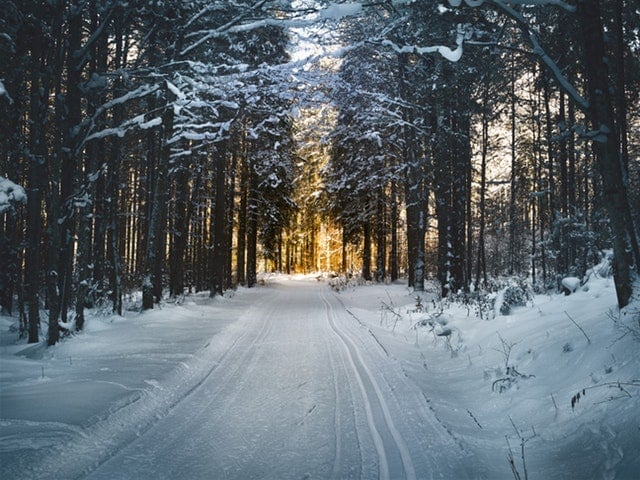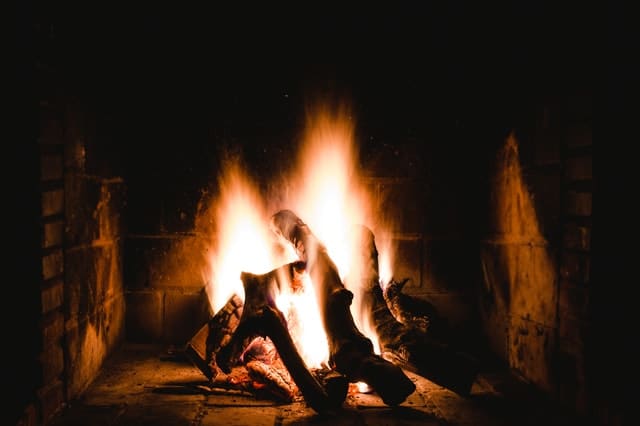Preparing for Winter Weather

Winter weather is upon us and it is important to be prepared for any emergency situations that might arise during a winter storm. Winters storms bring with them extreme cold, freezing rain, snow, ice and high winds but they also bring a higher risk of car accidents, hypothermia, frostbite, carbon monoxide poisoning, and heart attacks which make being prepared for the impending weather even more important.
The first and most important step for being prepared is being in the know, make sure to stay on top of weather updates via the news, radio, or weather channel. When tracking the weather in your area you may come across several different types of winter storm warning and it is important to know the difference.
- Winter Storm Outlook – Winter storm conditions are possible in the next 2-5 days
- Winter Weather Advisory – Winter weather conditions are expected to cause significant inconveniences and may be hazardous. When caution is used, these situations should not be life threatening
- Winter Storm Watch – Winter storm conditions are possible within the next 36-48 hours. People in watch areas should review their winter storm plans and stay informed about weather conditions
- Winter Storm Warning – Life threatening, severe winter conditions have begun or will begin within 24 hours. People in a warning area should take precautions immediately.
Before a storm is on its way make sure you have properly prepped your home, talk with your family and have a safety plan (for help creating a safety plan visit the American Red Cross), make sure your flashlights have fresh batteries, a good shovel (incase you need to dig yourself out before help arrives), water and easy to prepare food, blankets or a backup heat source, and carbon monoxide detectors.

Once the storm has hit try to stay inside, make sure that you are wearing warm clothes, any pets have been brought inside with you, make sure to eat regularly to maintain your energy, and check on neighbors and family to ensure they are also safe. If you must go out into the weather make sure to dress warm and check for signs of hypothermia, when driving make sure your car is equipped with emergency food, water, and blankets in the event you become stranded.
Once conditions have cleared make sure to check your home for damage, high winds and heavy snows can lead to damage and potential leaks. After all is said and done, assess how your supplies and family plan worked. If you think they could have been improved in any way, learn from your experience, and plan ahead for the next big one.




